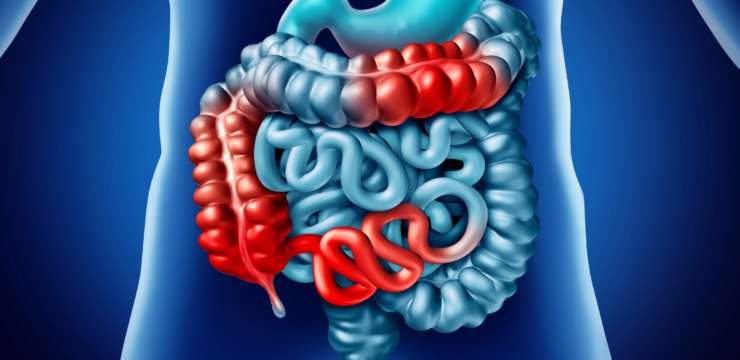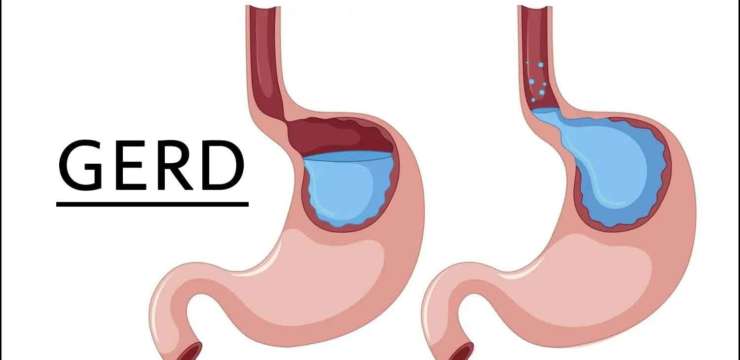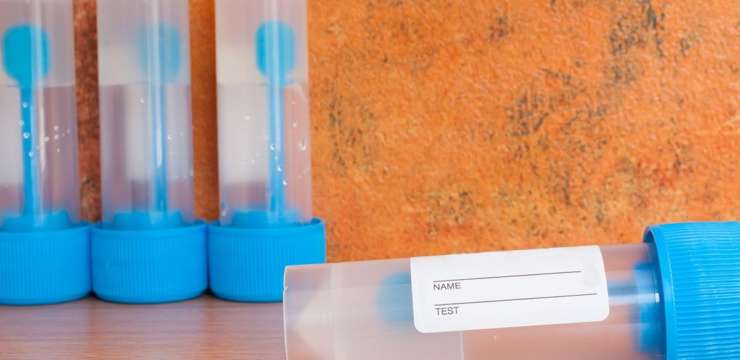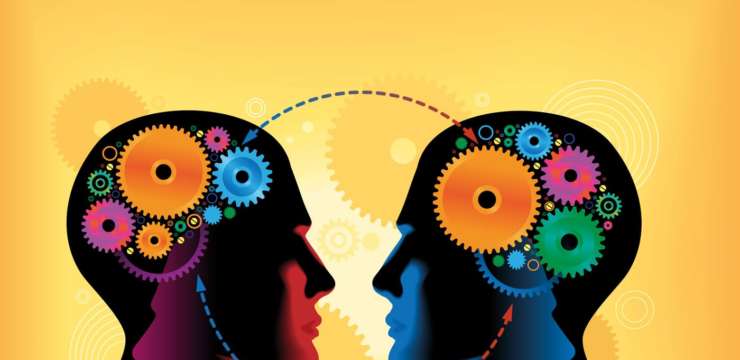Crohn’s disease is an inflammatory bowel disease (IBD). IBDs are health issues that affect the digestive tract by causing inflammation that lasts longer than an…


Crohn’s disease is an inflammatory bowel disease (IBD). IBDs are health issues that affect the digestive tract by causing inflammation that lasts longer than an…

Reflux of gastric contents back into the esophagus is normal in human physiology. However, when this reflux begins to present itself with symptoms, mucosal injury, or both, GERD is diagnosed. One way to reduce GERD is to “cut the C.R.A.Pâ€.
C- coffee, cigarettes, and chocolate
R- for refined carbohydrates, also known as sugars
A- acidic foods, alcohol, and allergic foods
P- pop, peppermint, and progesterone

Gluten-related intolerances such as gluten sensitivity or celiac disease need to be addressed as undiagnosed celiac disease has been associated with a nearly 4-fold increase risk of death. Gluten disorders show their presence in symptoms such as weight loss, bloating, flatulence, abdominal pain, iron deficiencies, skin disorders such as rashes, has an association with type 1 diabetes and results in abnormal liver function tests.Â
For patients who are experiencing unexplained autoimmunity, unexplained neurological problems, uncomfortable GI symptoms, skin rashes, and unexplained depression, practitioners should think of gluten!

Can bacteria be impacting your mental health? Throughout the past 10 years, the evidence is coming to light showing that there is a link and relation to certain bacterias and aspects of mental health. Research has shown that increased levels of clostridia are linked to disorders such as autism, depression, and more. It is important to keep an eye on your digestive tract and gastrointestinal health, as uncomfortable symptoms may be an indicator that something needs to be evaluated by a health care professional.

Pathogens: What are they?
Pathogens are bacteria, viruses, or other microorganisms that can cause disease. The most common pathogens we see today are bacterial pathogens, parasitic pathogens, and fungal pathogens.
The first step to overcoming pathogens is to have lab testing performed. Lab testing will provide your practitioner with the necessary information to determine what pathogen is overgrowing in your gut. From here, the plan can be created to properly assess the pathogen and repair a healthy gut.

Let’s talk about stool testing! Although many individuals would prefer to do a serum test (blood draw), stool testing provides so much more information. Stool testing gives us the ability to see what bacteria in your gut are overgrown or depressed! With this information, we can create a personal treatment plan to ensure your microbiome is being fueled with the direct strands it needs to healthily replenish itself.

Two Brains? Studies now show the gut (ENS) and the brain (CNS) can function separately from each other! This gives us an all-new insight into the gut. The gut is extremely important and acts as our inner defense system and contains more than 100 million nerve cells. That’s more than our spinal cord! This new research is shining more light on how important our gut health really is and how it is connected to other health conditions, such as autoimmune. Start taking control of your gut health now!